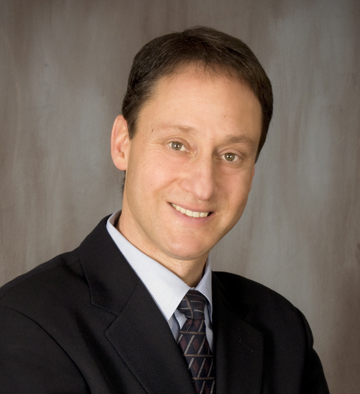The 19th century philosopher Henri-Frederic Ariel said, “The greatest need of all human beings is to be appreciated. And the highest form of appreciation is through one’s acts and deeds.” Sadly in clinical research, appreciation for study volunteers who give the profound gift of their participation has historically been neglected. At a time when some regulatory bodies and biopharma companies are increasing their transparency initiatives involving access to clinical-trial data, disclosing trial results to volunteers could also go a long way toward strengthening public confidence.
Study volunteers want to know that their participation mattered and that it is appreciated: whereas 93% of study volunteers in 2011 expressed interest in receiving the results of clinical trials in which they participated, a similarly high percentage (91%) never actually did.
Clinical research professionals are quick to point out that access to phase II-IV clinical trial results is mandated and now publicly available on the National Library of Medicine’s (NLM) clinicaltrials.gov web site. However, recent papers published in the New England Journal of Medicine and in Health Affairs suggest otherwise. Although clinicaltrials.gov is easily reached online, it is rife with missing and incomplete information, data inconsistencies, areas of poor data quality and low levels of compliance.
More importantly, it is increasingly evident that clincialtrials.gov is not the ideal mechanism to disclose trial results to its intended audience—patients and the public. The majority finds locating their specific trial extremely difficult. Even if they are able to conduct a successful search, the public and study volunteers find that trial results on the NLM registry are highly technical and difficult to understand and interpret. Since its inception, researchers, policymakers and life sciences analysts are the parties primarily accessing trial results on clinicaltrials.gov. The NLM, in its recent New England Journal of Medicine article, acknowledges that the primary audience for clinicaltrials.gov is the scientific community.
Failure to responsibly and responsively disclose clinical trial results to the public is a major missed opportunity. Disclosing trial results and improving transparency is the right thing to do not only for patients but also for research professionals. An overwhelming majority of Investigative sites (98%) want to provide trial results to their study volunteers. They feel that it is not only their moral obligation to do so, but also an essential way to strengthen the relationship with their study volunteers and an opportunity to maintain contact with patients who have completed participation. Site staff feels that their patient relationships are compromised when they are unable to provide results.
Since 2011, the Center for Information and Study on Clinical Research Participation (CISCRP) has been working with research sponsors to address the critical need to make the communication of lay-summary clinical trial results to study volunteers a standard practice. Setting expectations and providing non-technical trial results summaries via investigative sites, CISCRP’s program has been very positively received by patients, research professionals and regulatory agencies.
Results of the impact of CISCRP’s program on improving study volunteer satisfaction, comprehension and sense of appreciation have been published in Getz et al. Meeting the obligation to communicate clinical trial results to study volunteers. Expert Review of Clinical Pharmacology 2012;3:149-156. At this time, 18 pharmaceutical and biotechnology companies are supporting the initiative through pilot and broader portfolio-wide programs reaching thousands of patients. It is our hope that in 2013, all of the top 50 largest pharmaceutical and biotechnology companies will support this initiative.
It is unconscionable and inexcusable that research sponsors are not routinely communicating trial results to their study volunteers. The CISCRP program provides a feasible approach to meeting this critical need. We owe it to the millions of people who give the gift of their participation every year but still never learn that their participation made a difference.
Ken Getz is senior research fellow, director of sponsored programs, Tufts CSDD; founder and board chair, CISCRP; and owner, CenterWatch.








